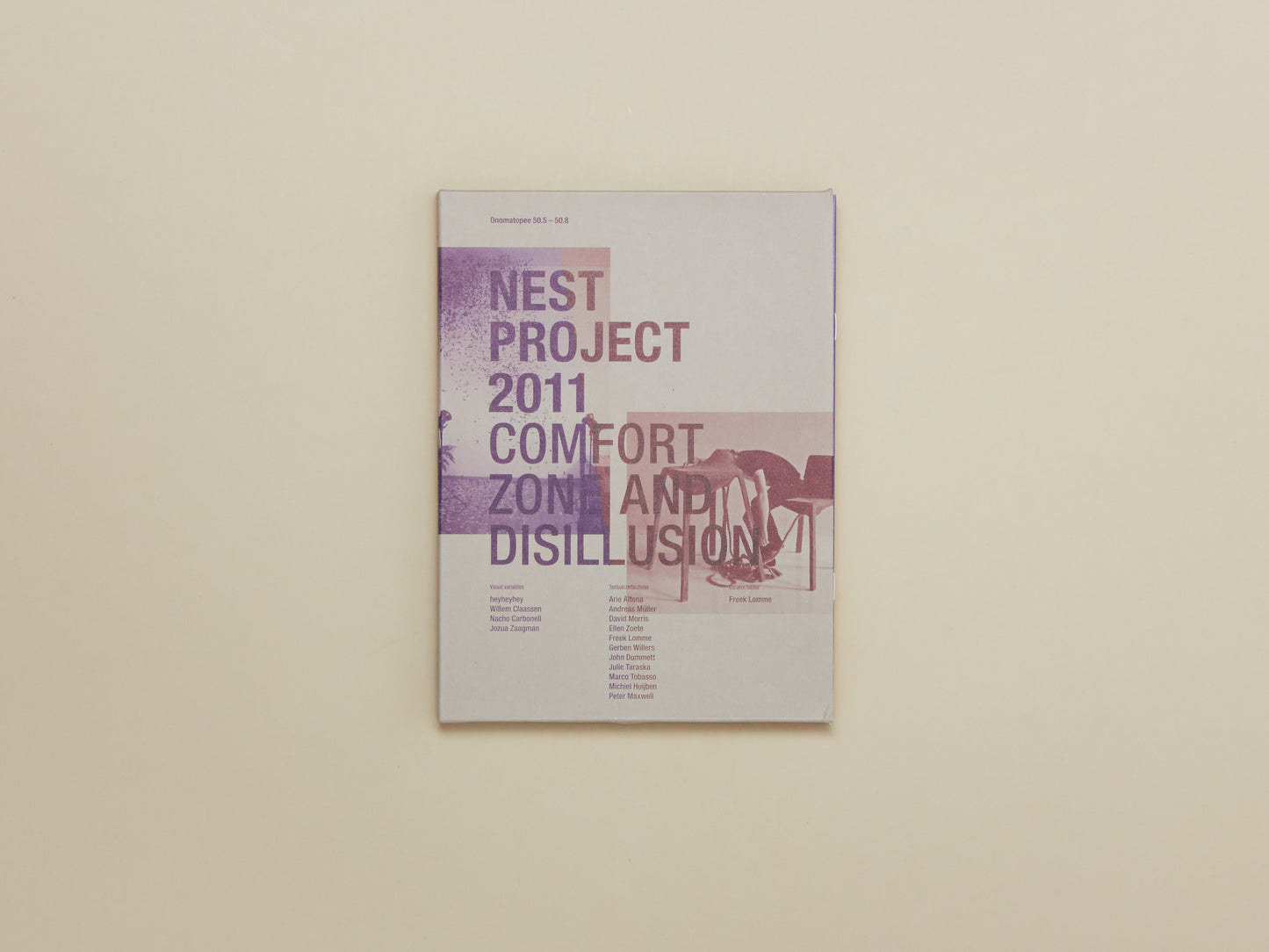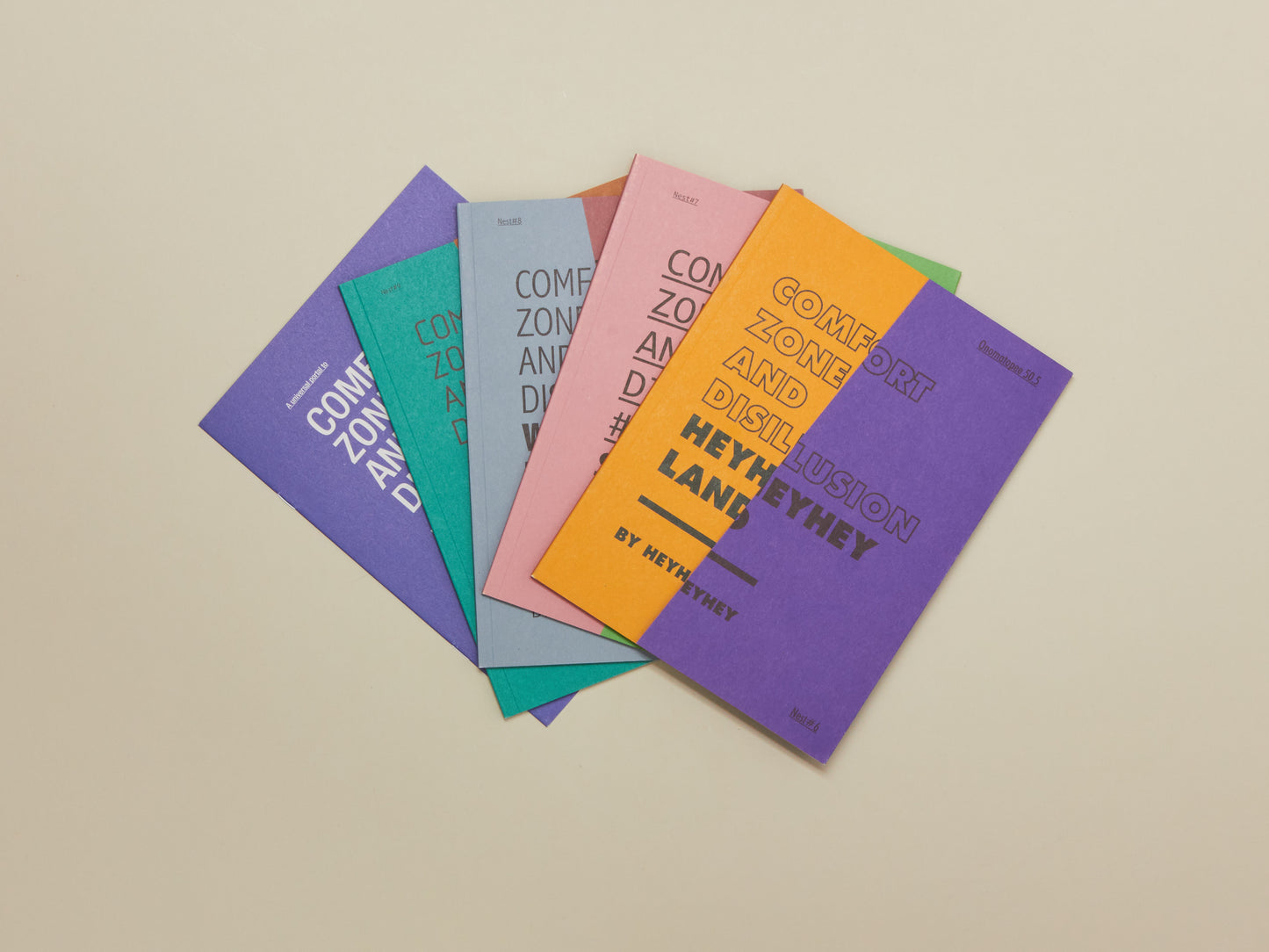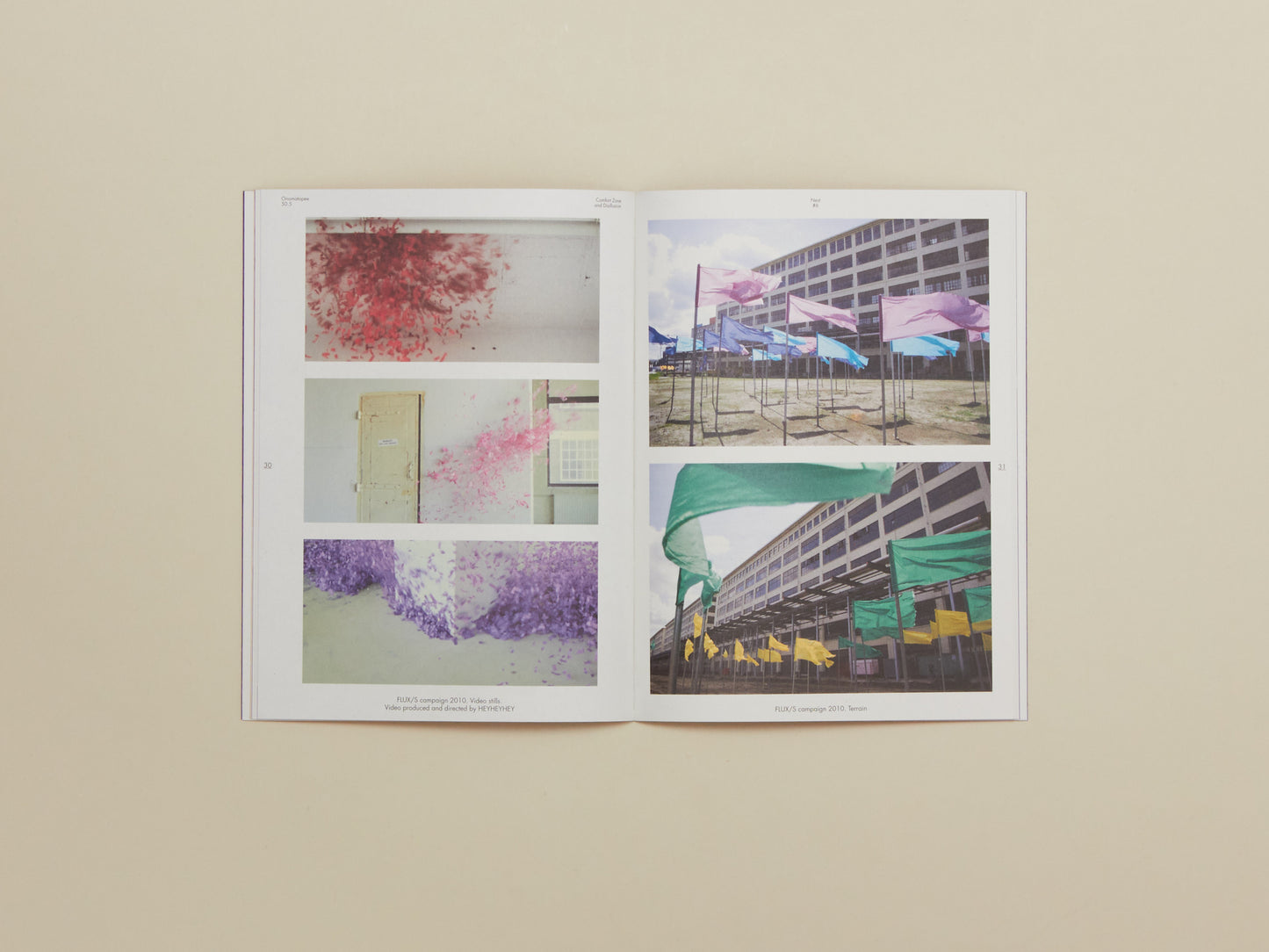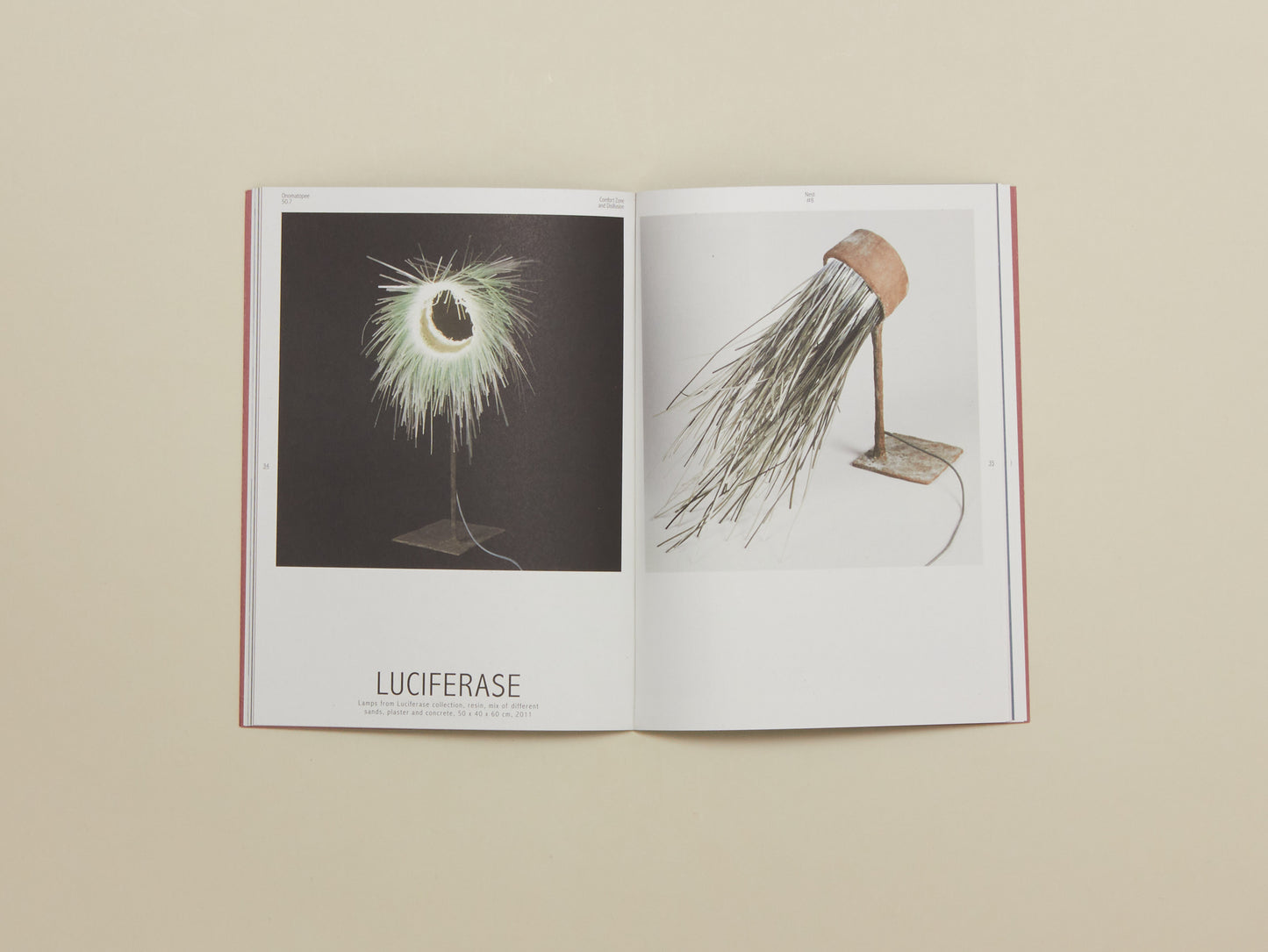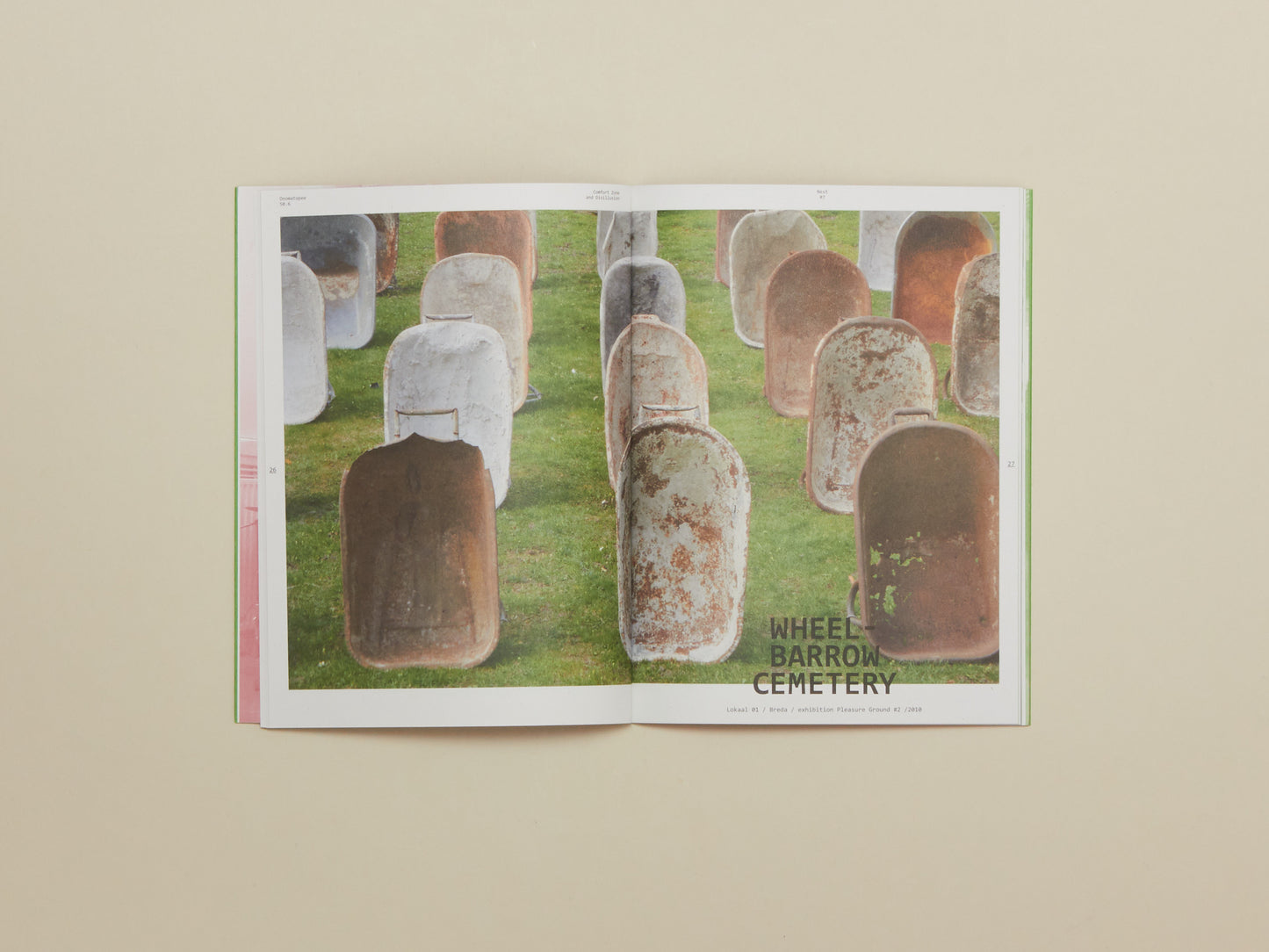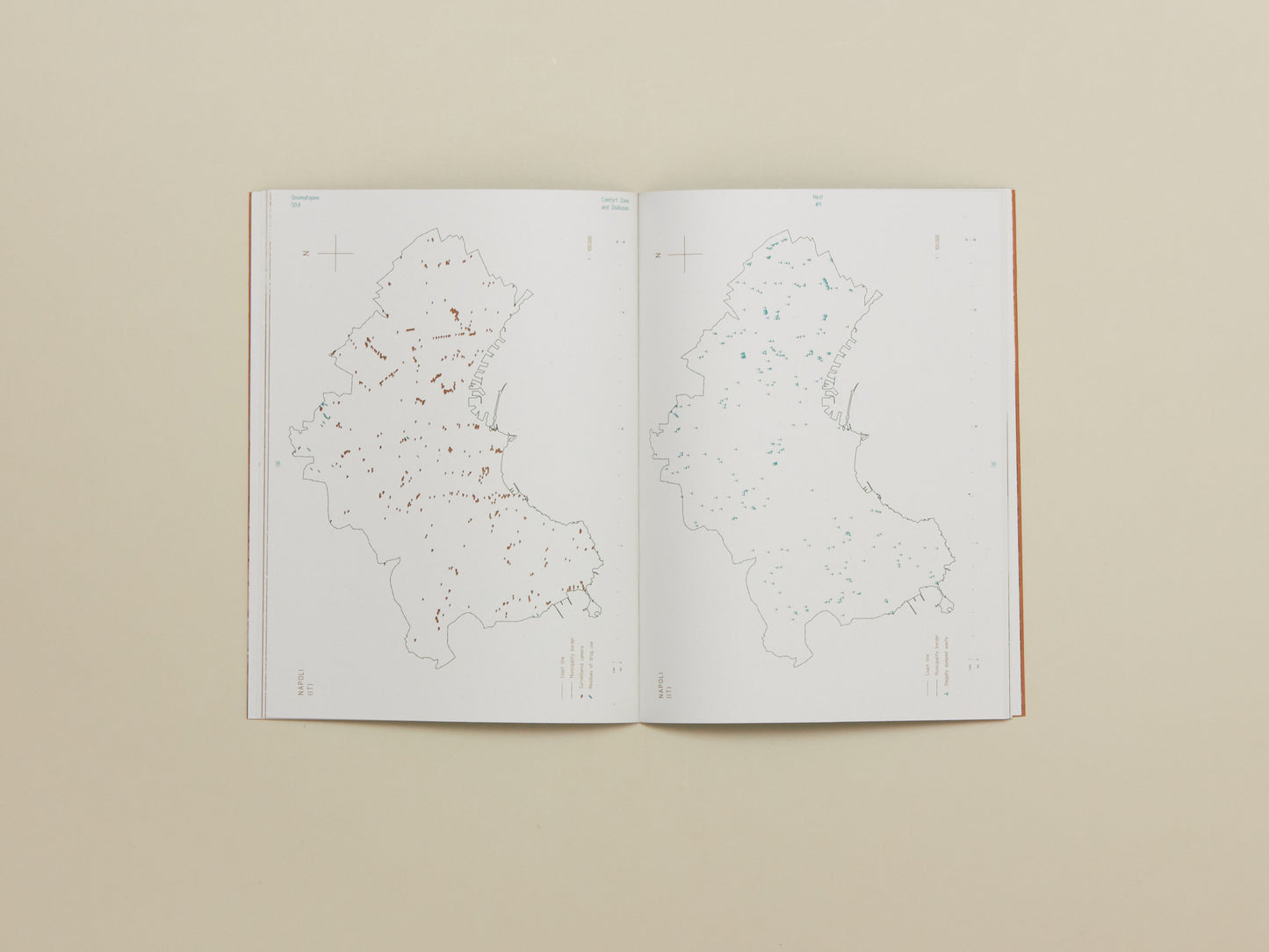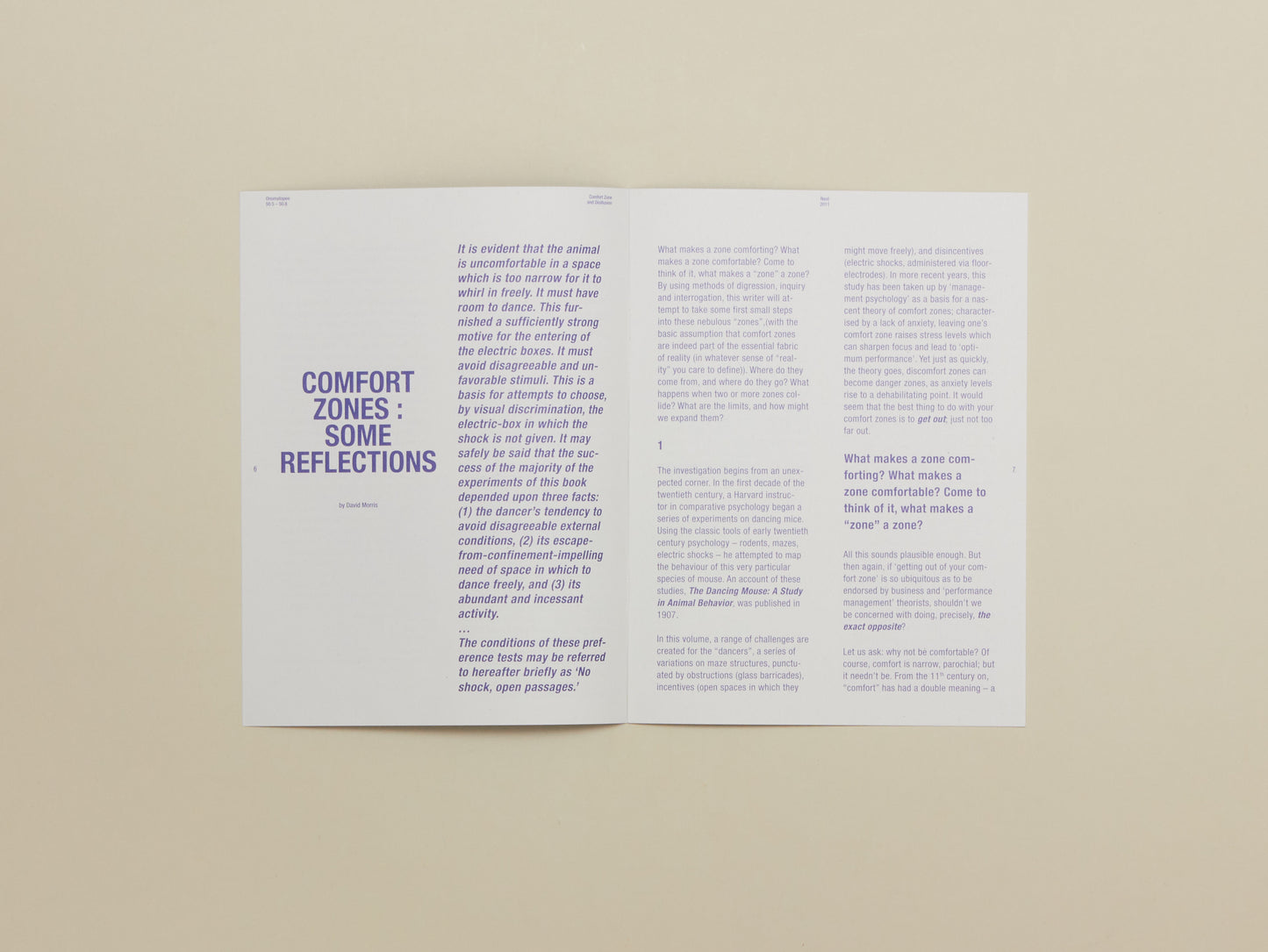Couldn't load pickup availability
Our age is characterised by the cumulative establishment of “comfort zones” in which we feel at home. We surround ourselves with objects like furniture and various accessories, with social events such as festivals, high teas, or visits to cinema that suits our disposition: that enable us to “get away from it all” and offer “a necessary time to relax”, to be with each other or “to live the family domestics”. This comfort zone is the cultural denominator for a very narrow understanding of what is private, both in a mental as a spatial perspective.
In recent decades the idea of the “wellbeing” has become strongly embedded in our cultural expectation: we now simply expect increasingly good health- care, spare time, holidays and trips, domestic luxury and so on. This expecta- tion used to commensurate with increased purchasing power. Meanwhile, the Wall collapsed and the free market became free for the world at large, making the rich West’s competitive position, an illusion. Despite the warning of the credit crisis, a culture of greed has remained submerged within the ashes. There is increasing support for a policy that the leftist desire for mercy and the right’s desire to reduce taxes unifies: a policy that effectively feeds off all of its own excesses...
Cultural and economic innovation stems precisely from progressive attitudes: from progressive qualities of “innovative thinking”. Effectively this means
that we, you and I, should overcome our primal urge to “the comfortable”. We need to dare to acknowledge our assumed reality as an illusion and dare to experience this illusion. The disposition of disillusion, the ability to rethink and reposition your desires and character, are pious positions in a spoiled culture.
The theme of Comfort zone & Disillusion takes on these qualities by spotlighting strong “unsolicited advisers” who apply these strate- gies. By focusing on outspoken voices from the region using the framework of the exhibition to outline the issues of concern, together with a publication, this programme presents a broad range of other experiences: of comfort zones and disillusions!
